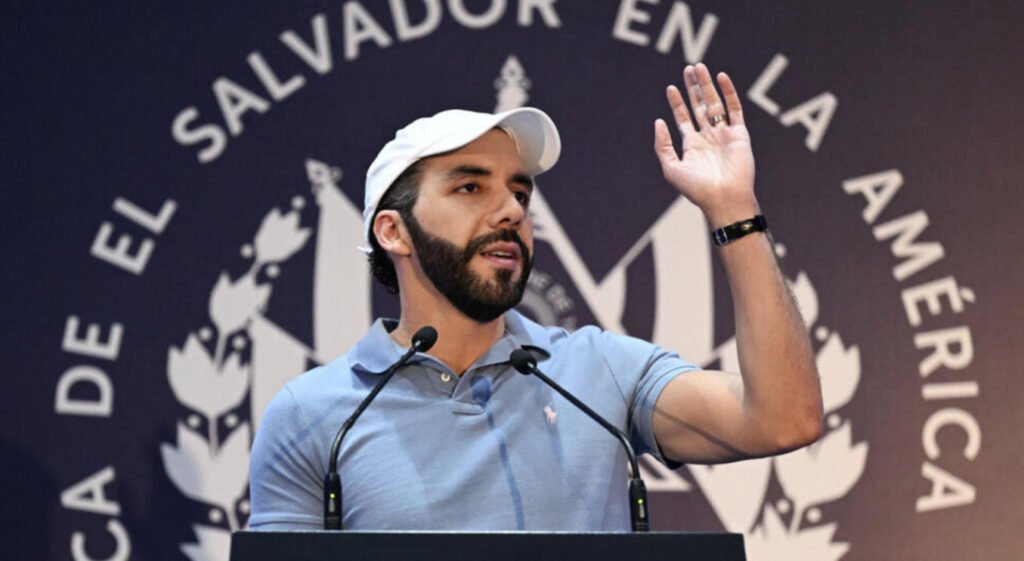
El Salvador, the Central American nation that made headlines by adopting Bitcoin as legal tender in 2021, has taken a significant step in managing its cryptocurrency holdings. President Nayib Bukele recently announced that the country has moved a substantial portion of its Bitcoin assets into a cold wallet—a secure storage solution designed to protect digital currencies from online threats.
In a tweet posted on X (formerly Twitter), President Nayib Bukele referred to the new setup as El Salvador’s “first #Bitcoin piggy bank.” The cold wallet is stored in a physical vault within El Salvador’s national territory. This move ensures added security and reduces the risk of cyberattacks.
We've decided to transfer a big chunk of our #Bitcoin to a cold wallet, and store that cold wallet in a physical vault within our national territory.
You can call it our first #Bitcoin piggy bank 🇸🇻
It's not much, but it's honest work 😂 pic.twitter.com/dqzedykxT1
— Nayib Bukele (@nayibbukele) March 14, 2024
The wallet address revealed by Nayib Bukele holds an impressive 5,689.685 BTC (Bitcoin). At the time of the post, this amount was worth approximately $406 million.
The recent disclosure significantly increases El Salvador’s known stash of Bitcoin. Public trackers had previously estimated the country’s holdings at around $200 million. Now, with this transfer, the true size of El Salvador’s Bitcoin portfolio comes to light.
President Bukele has been proactive in sharing information about the country’s Bitcoin holdings. While he had previously disclosed these holdings occasionally on social media, this latest revelation marks the first time he has linked El Salvador’s assets to a specific wallet address. By doing so, he provides transparency and accountability regarding the management of the nation’s cryptocurrency reserves.
El Salvador’s embrace of Bitcoin has been both groundbreaking and controversial. In September 2021, El Salvador became the first country to officially recognize Bitcoin as legal tender. This move aimed to facilitate remittances from abroad and boost the local economy.
Since adopting Bitcoin, El Salvador has actively purchased the cryptocurrency. President Bukele has hinted that these acquisitions occur through various channels, including selling passports, currency conversions for businesses, mining, and government services.
Bitcoin’s price has experienced significant fluctuations. When El Salvador initially bought Bitcoin, a single coin cost around $52,000. As of the recent transfer, BTC prices were above $72,000.
In a separate development, President Bukele was re-elected for his second term. His leadership continues to shape El Salvador’s economic policies, including its approach to cryptocurrencies.
As El Salvador’s Bitcoin experiment unfolds, the world watches closely. Whether it serves as a model for other nations or faces challenges remains to be seen. One thing is certain: the tiny Central American country has made a bold move in the crypto space, and its “first Bitcoin piggy bank” is now securely tucked away in a physical vault.

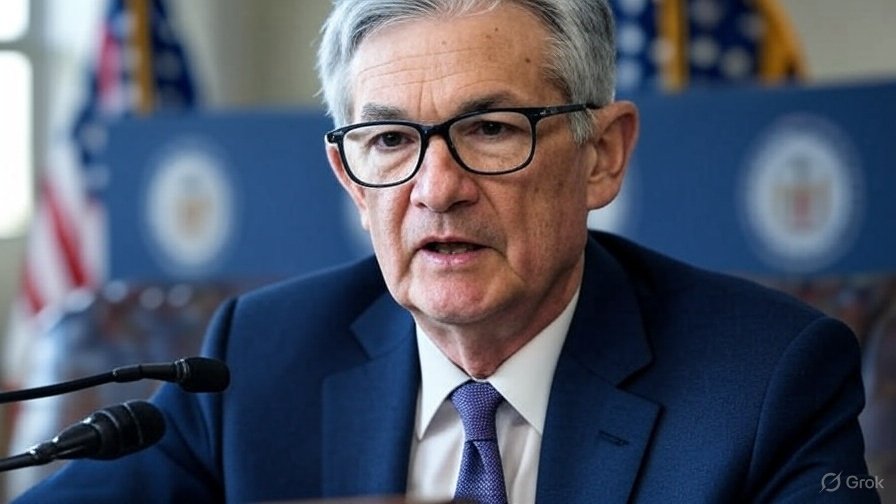


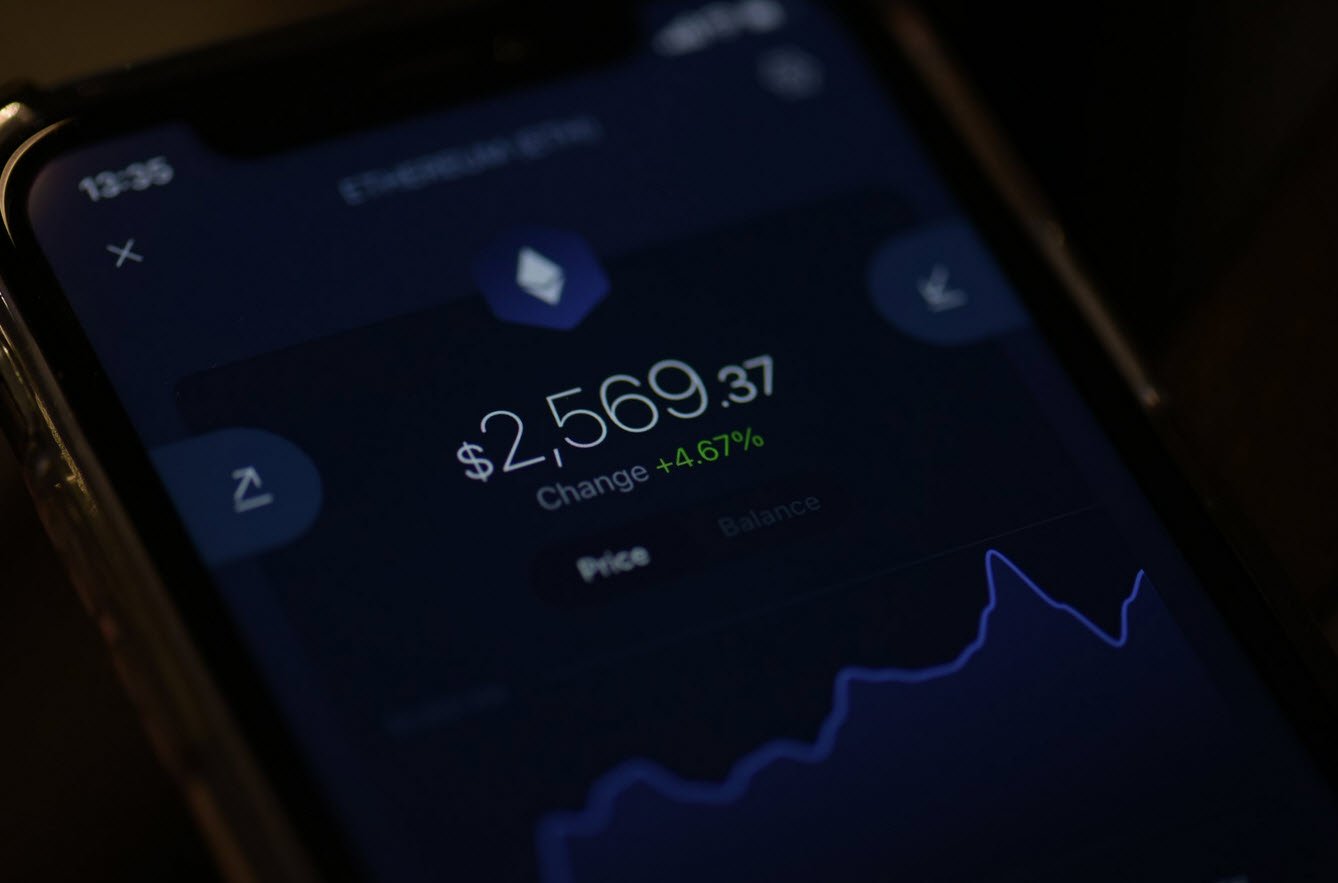
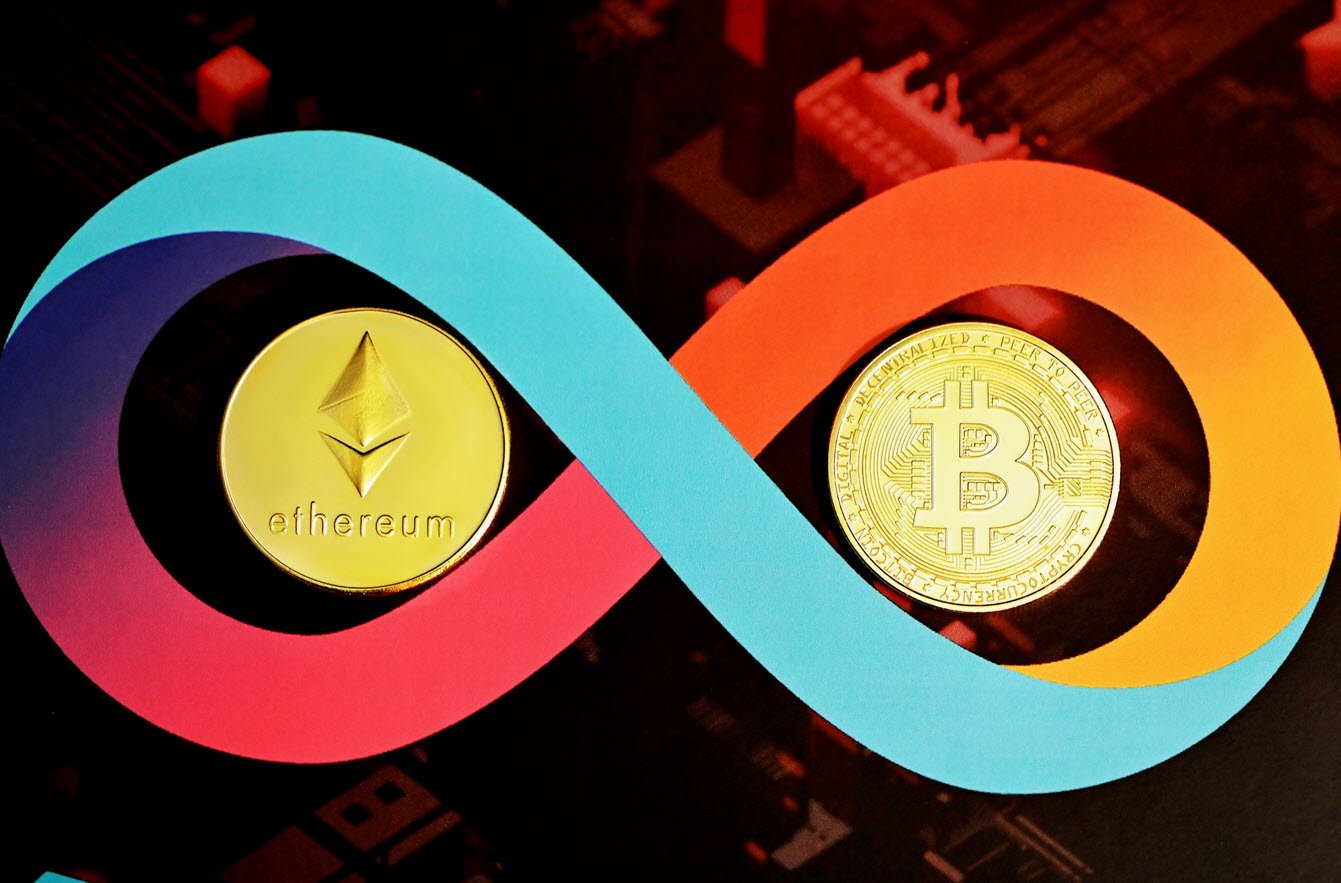
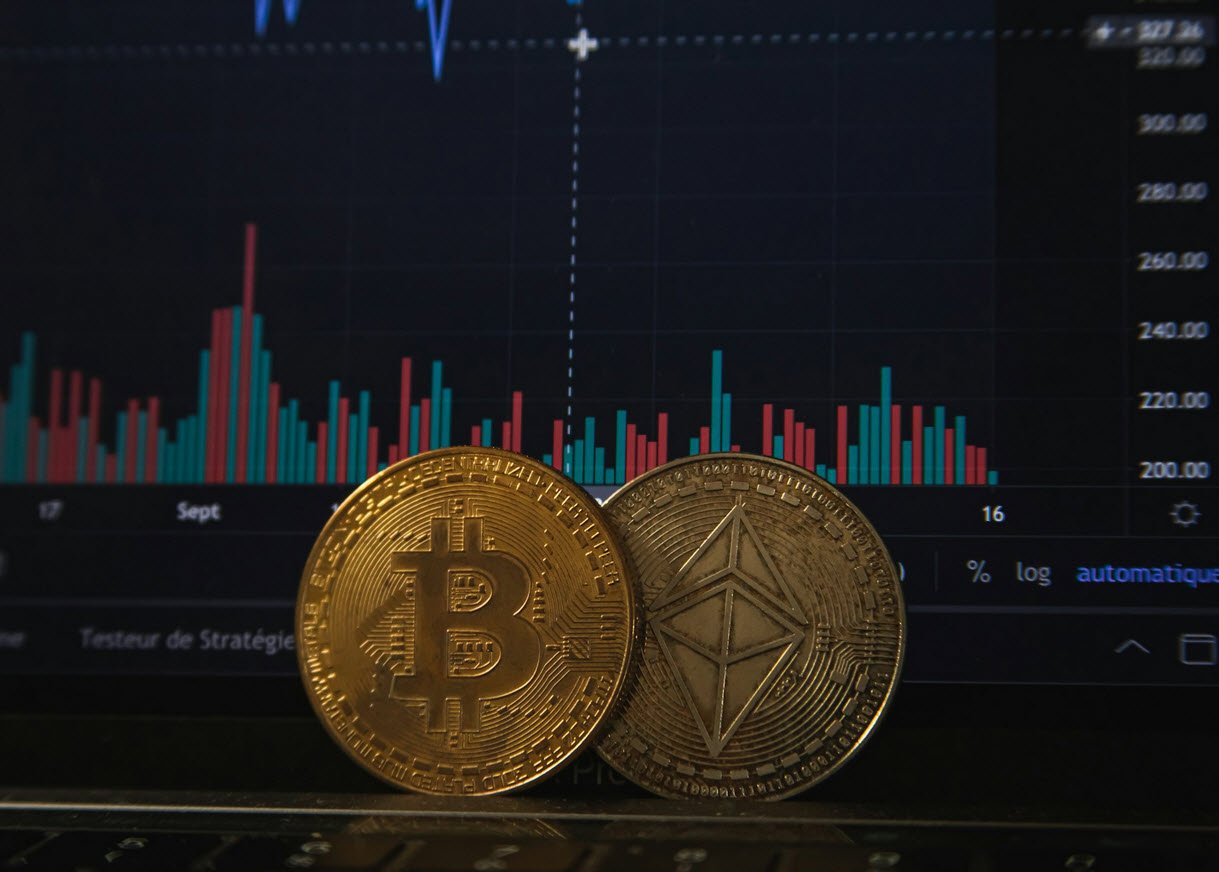


This Post Has 4 Comments